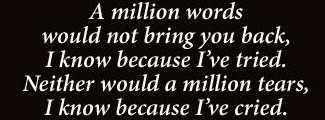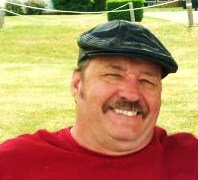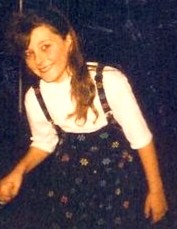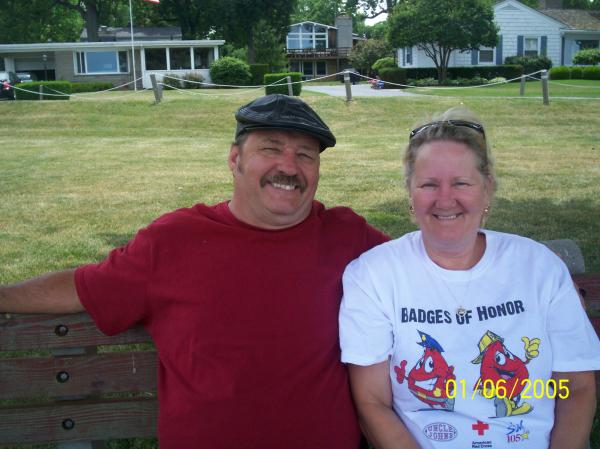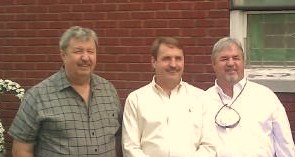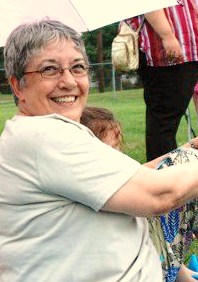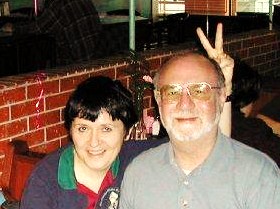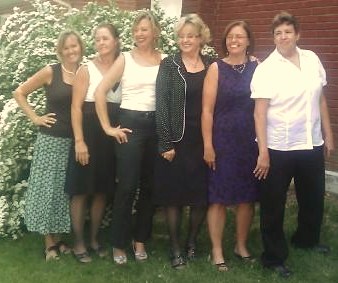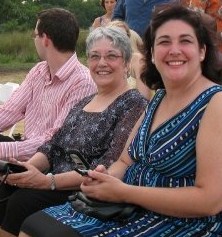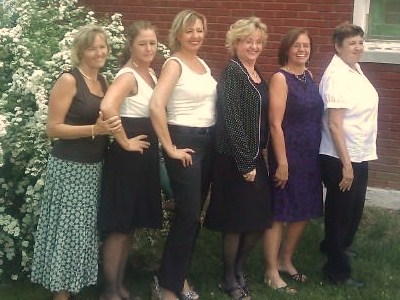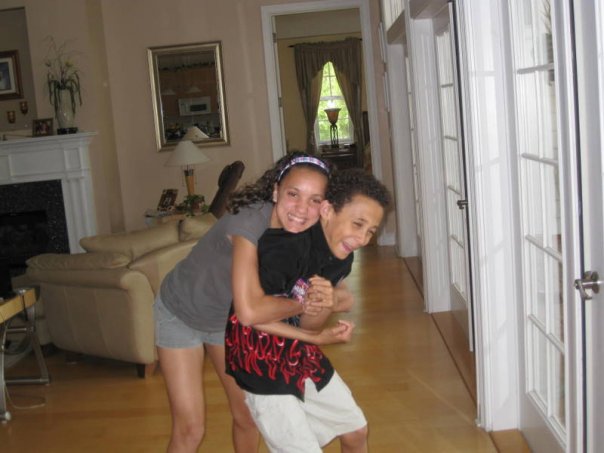|
Duane’s unexpected death at age 54 puts the Rutkowski family in the same situation it faced nine years ago when Duane’s first wife, Carolyn, 47, suddenly died from a brain aneurism. Caring for special needs children had been Carolyn’s passion. The couple had cared for 28 special needs children over the years. They adopted four. When Carolyn died, Duane was faced with this choice: quit his job as a nurse to become the primary caregiver and a welfare recipient, give the kids to social services, or continue to work and raise funds to hire caregivers.
He chose the latter and our community rallied to keep this Clay Township family together. Two non-profits donated a combined $10,500; two churches provided weekly meals, businesses made donations and seven babysitters volunteered time.
Duane was able to keep his family together because of that help. At the time, the two older boys, Nicholas, who was 12 and Sean, 11, both functioned as toddlers and had to be fed through gastric tubes. Nicholas, who suffered from a degenerative brain disease, had to be fed every two hours. The two younger children, Mary, 4, and DJ 3, had been neglected at birth by their biological mother and needed counseling.
Duane balanced work and single parenting for two years then he started dating Sue Toth, a co-worker. Sue entered the relationship with trepidation but soon fell in love with Duane and the children. They were married in 2002 and Sue quit her job as a nursing assistant to become the primary caregiver.
In the past seven years Sue has helped her new family come a long way. The biggest breakthrough came when she helped wean both Nicholas and Sean off their feeding tubes. Stifling laughter, she says of Nicholas, now 21, “Once he got the taste of food, he never stopped.”
Both older boys are enrolled at Port Clinton High School in the MRDD program. This year’s highlight for Nicholas was attending the prom.
Both are strong and doing well in school, however, they both have their challenges. Nicholas only communicates with eye gazes and sounds. Sean, 20, communicates visually using a ring of 15 or so picture cards. One shows someone brushing his teeth; another one shows someone picking up toys. Show the card, Sean gets the message.
Sue takes care of the boys on the weekends. A male caregiver works weekdays, giving the boys baths, dressing them for school and giving them meals and medications.
Mary, 13, and DJ, 12, now attend school in Genoa. Both have adjusted well. Mary is involved in track, band and the choir and DJ plays sax in the band. Both are spending time in Florida with Duane’s family while Sue takes care of the financial and guardianship issues.
Sue’s other primary concern is helping the children adjust to this, the death of their second parent. Both older boys walk around the home looking for Duane. They point to his portrait over the fireplace, or they lay curled up on the couch or the bed. They know Duane’s not home, but Sue doubts they know why.
Sue is adjusting too. Just two months ago she and Duane were riding their motorcycle and posting flyers to promote a fund-raiser to fight child abuse. Two weeks later, Duane was admitted to St. Charles for a full-body scan to determine why, despite many previous tests and steroid injections, doctors couldn’t pinpoint the reason for the excruciating back pain Duane had since October. The pain led to his inability to work as an LPN at a local nursing home. He was terminated on March 23. He had worked there 15 years.
The scan led to a biopsy. Duane was diagnosed with lung cancer, which had spread to his spine. Radiation treatment proved ineffective. Less than two weeks later, Duane died, Sue’s world changed and four special children lost still another parent.
Sue, 53, will go back to work in the medical field as soon as she reestablishes stability in her family. She is convinced it was consistency, love and caring parents that have helped the children lead a normal life given the challenges they all faced at birth. Sue vows to continue the mission.
“At first, I didn’t realize the enormous amount of time and care that was involved in taking care of all four of them…But, I wouldn’t trade it for the world. They’re good kids. We have our moments, but I feel blessed.”
When life returns to normal, Sue will do what she hasn’t been able to do so far—grieve for the loss of her husband. And, when the children are ready, she’ll do what Duane did with them. She’ll walk them across the street from their home to the Clay Township Cemetery and visit the graves of Duane and Carolyn.
|
